In today’s rapidly changing workplace landscape, the emphasis on training employees to adapt to new challenges and expectations is undeniable. From technical skills to soft skills like communication and teamwork, organizations invest significant resources in ensuring their workforce is well-equipped to succeed. However, amidst this focus on employee development, one crucial aspect seems to be slipping through the cracks: training managers on how to effectively train their employees.
According to a recent survey conducted by Resume Builder, which polled over 1.5k business leaders, a staggering 45% of companies already offer etiquette training to their employees. Furthermore, an additional 18% of companies plan to implement such training in 2024. While this data highlights a commendable effort to cultivate a professional and respectful workplace environment, it also raises an important question: Why aren’t we prioritizing training for managers to effectively impart these skills to their teams?
Managers play a pivotal role in shaping the culture and dynamics within their teams. They are responsible for providing guidance, support, and feedback to their employees, which directly impacts productivity, morale, and overall performance. Yet, despite the critical nature of their role, many managers are not adequately equipped with the necessary training and resources to effectively train their employees on important aspects such as workplace etiquette.
So, why aren’t we investing more in training managers to train their employees effectively? One possible explanation is a pervasive assumption that managerial skills are innate or acquired through experience, rather than through structured training and development programs. However, this assumption overlooks the fact that effective leadership is a skill that can be honed and refined through targeted training and coaching.
Too often a manager is promoted into management based on their individual performance not necessarily on their ability to train, motivate, instruct, and mentor the employees they oversee. An awesome individual contributor does not by default translate to a great manager. In fact, more often, those newly promoted managers still spend more time on their own production and advancement versus those of their employees.
Consider the implications of this oversight. Without proper guidance and support from their managers, employees may struggle to internalize and apply the principles taught in etiquette training sessions. Furthermore, managers who lack training themselves may inadvertently perpetuate behaviors that undermine the effectiveness of such initiatives, leading to a disconnect between organizational values and day-to-day workplace interactions.
Additionally, there may be budgetary constraints or competing priorities that prevent organizations from allocating resources to managerial training initiatives. However, investing in the development of managerial skills can yield significant returns in terms of employee engagement, retention, and organizational performance.
It’s time for organizations to recognize the importance of training managers on how to train their employees effectively. By equipping managers with the tools, knowledge, and skills they need to facilitate meaningful learning experiences for their teams, organizations can foster a culture of continuous growth and development that benefits everyone involved. Management is a skill, (it’s also a really hard job), and requires a different set of skill sets. We owe it to all of our employees to make sure we are “training the trainers” regardless of tenure or seniority.












